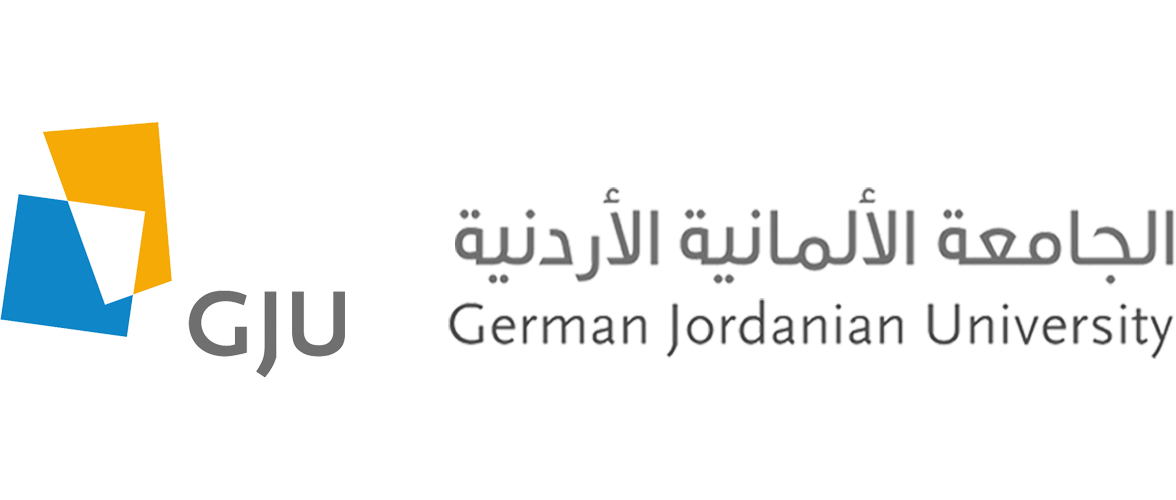The socio-economic rupture caused by migration and displacement influences traditional understandings of family structures and gender roles defined by their religio-cultural heritage. Women increasingly contribute to, and very often take over, the financial responsibility of the family redefining thereby traditional gender roles post-migration. These new models of gender dynamics also impact the understanding of the host society’s religious practices, cultural values, and legal regulations. This shift in internal family dynamics poses challenges to both men as well as women in dealing with their new roles as well as on societies’ renegotiation of long-standing socio-religious traditions.
This interdisciplinary conference seeks to demonstrate to what extent the emergence of new understandings of gender socialization, informed by grassroots and top-down approaches, can contribute to securing sustainable societal well-being. Exploring the changing demographics of host societies through the spread, speed and scale of refugees, this conference examines the different socio-religious, economic and legal challenges host societies in various countries in the Middle East have faced since the beginning of the 21st century. The focus of the conference lies in the changing nature of family structures and their relationships as well as gender roles influenced through and by migration processes.
The conference also links established scholars, young researchers and students with practitioners and policy-makers to exchange their knowledge and experiences in the field of migration and displacement. We invite paper proposals from various academic disciplines and fields (such as Anthropology, Law, Sociology, Social Work, Religious Studies, Migration and Diaspora Studies, Gender Studies) and diverse theoretical perspectives. We intend to bring together researchers whose work is grounded in solid empirical research in relation to broader societal developments. We prefer papers that engage in-depth with a limited set of questions over papers that present broad overviews or general descriptions.
Papers may include, but are not limited to, the following areas of research:
- Refugees’ agency in shaping and redefining the socio-religious framework of gender politics; the role of existing legal and religious institutional provisions on gender relations within particular nation-states in the Middle East; the normalization of hegemonic masculinities within societies; the role of religious institutions in changing the public perception of normative gender relationships in host and refugee societies.
- The role of social work in mitigating between refugee society and other actors such as state institutions, and non-governmental organizations; the relationship between ‘regional’ and ‘global’ concepts of gender equality; dynamics between national, international and transnational refugee institutions and organizations offering support to refugees.
- Legal challenges particularly in marriage and divorce-related issues; registered and unregistered marriages within host societies; marriages with minors from refugee communities; socio-religious challenges regarding gender dynamics and spousal responsibilities; difficulties to reach a divorce; forced to be divorced.
- The economic integration of refugees in receiving societies; migration and diaspora entrepreneurship; opportunities and challenges of refugee entrepreneurship; the role of family, culture and religion in migration and diaspora entrepreneurship; development of policy regulations and implications; entrepreneurial motivation of refugees; research methodology in migration and diaspora entrepreneurship.
Conceptual and methodological discussion on migration and diaspora; the presentation of a variety of research approaches and unconventional research methods in refugee and migration studies such as art, film, theatre, music and new technologies (for example, VR).
Conference Keynote Speakers
Prof Suad Joseph ( University of California, Davis)
Prof Dawn Chatty (University of Oxford)
The scientific committee
Dr Yafa shanneik / Visiting Professor of Islamic Studies /UK
Dr Farah AL Taji /Brunel University /UK
Prof. Dr. Sahar Almakhamreh /German Jordanian University /Jordan
The conference will be hosted by the Social Work Department at the German Jordanian University (GJU) and organised in conjuction with Lund University/Sweden. It is part of the on-going British Academy funded project: Negotiating Relationships and Redefining Traditions: Syrian and Iraqi Women Refugees in Jordan based at the University of Birmingham (UK) in collaboration with AlBalqa Applied University, GJU and the NGO Taghyeer in Jordan. For further information on the project, contact Prof Yafa Shanneik (PI), email: yafa.shanneik@ctr.lu.se
Conference Program here.

